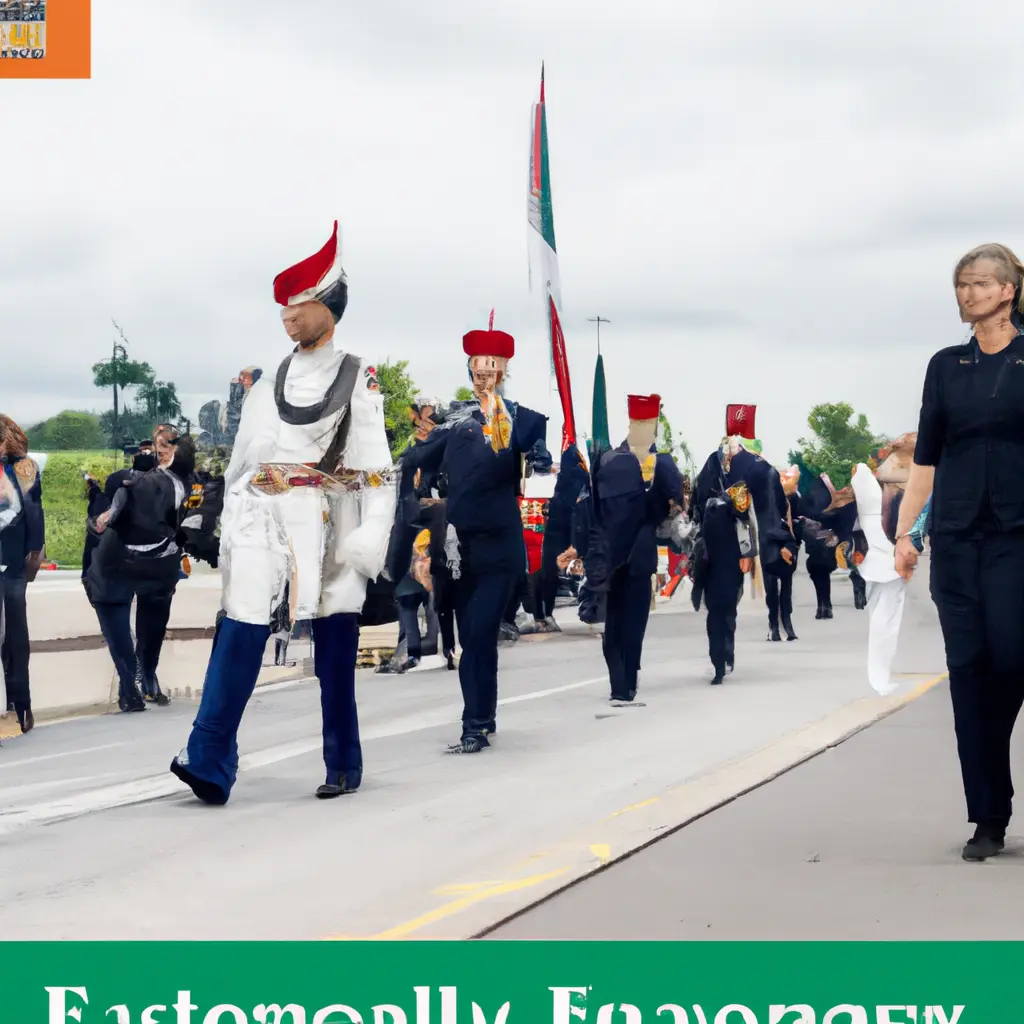PM Modi in France: What is Bastille Day and what celebrations will he attend?

Indian President Narendra Modi arrived in Paris on Thursday, July 13, on a two-day visit during which he will hold wide-ranging talks with French President Emmanuel Macron and attend the French National Day celebrations as a guest of honor.
France's National Day is celebrated on July 14, also known as Bastille Day or Fête nationale française, and is accompanied by a long military parade, dancing and other entertainment.
History of Bastille Day
While July 14 is better known for its connection to the storming of the Bastille in 1789, it is also the anniversary of the Fête de la Fédération, which took place in 1790 to honor the unity of the French people. Also, even though Bastille Day is often seen as a symbol of the end of the monarchy, kings and queens continued to rule France long afterward. So really, what is France's national day dedicated to and why was the storming of the Bastille so significant?
It can be said that Bastille Day laid the foundation for the long French Revolution, which radically changed the political and social life of France and influenced the basic ideas of democracy around the world, popularizing such slogans as "Liberty, Equality, Fraternity". It was the day when ordinary people stormed the Bastille, a 14th century fortress-prison in Paris that held political prisoners (the famous writer-philosopher Voltaire and the infamous Marquis de Sade were imprisoned in the Bastille at different times). Before the storming of the Bastille, both economic and social tensions were building up in Paris. In the 1780s, the French economy was in dire straits, and King Louis XVI and Queen Marie Antoinette were not helping matters with their way of irresponsible spending. Harvest failure and famine took further blows, and by 1788 even bread had become unaffordable for the vast majority of the population. Under pressure, Louis XVI convened the States General, a body that had existed for nearly 400 years and could be convened, listened to, or ignored at the will of the king. This body consisted of the clergy (first estate), the nobility (second estate), and the commoners (third estate). When Louis XVI summoned this body, it was dominated by the commoners in numbers but not in influence. After their demands for more influence from the commoners were ignored, one faction seceded and created a new body called the National Assembly. On June 20, 1789, this body
The reason the crowd chose the Bastille was that it often held people imprisoned there simply by order of the king, without trial or officially declared reasons; although on July 14, 1989, there were only seven prisoners in the prison, of little consequence. The Governor of the Bastille, Bernard-René de Lonet, at first tried to negotiate and gave assurances that he would not fire on the marching crowd. However, as negotiations continued and there was no response, the crowd became restless.




Bastille Day celebrations
A year later, with Louis XVI still on the throne, the Fête de la Federacion was celebrated to celebrate unity among the French people, a unity that was soon destroyed in the bloodshed of the French Revolution.
The celebration of July 14 has been around for many years of history. Bastille Day celebrations waned during the intense political turmoil in France after the Revolution. However, in the 1870s, there was a need for a national holiday honoring France and the French. While July 14, 1789 was a serious candidate for commemoration as a national holiday, the day was also associated with violence and murder. Thus, July 14, 1790 was chosen as the day whose anniversary became a national holiday. According to the BBC, the law declaring the national day was "deliberately ambiguous. It did not say which July 14 was being celebrated. And today, of course, everyone thinks of it as Bastille Day."
India and Bastille Day
Before Prime Minister Modi, Prime Minister Manmohan Singh attended the Bastille Day celebrations in 2009. According to the official website of the French government, "In 2009, Indian soldiers were invited to participate in the ceremonies and the military parade was inaugurated by a 400-member detachment of the Indian Army, Navy and Air Force." Prime Minister Manmohan Singh and French President Nicolas Sarkozy watched the parade.
We will find property in France for you
- 🔸 Reliable new buildings and ready-made apartments
- 🔸 Without commissions and intermediaries
- 🔸 Online display and remote transaction
Our managers will help you choose a property
Liliya
International Real Estate Consultant

Subscribe to the newsletter from Hatamatata.com!
Subscribe to the newsletter from Hatamatata.com!
Popular Posts
We will find property in France for you
- 🔸 Reliable new buildings and ready-made apartments
- 🔸 Without commissions and intermediaries
- 🔸 Online display and remote transaction
Our managers will help you choose a property
Liliya
International Real Estate Consultant

Subscribe to the newsletter from Hatamatata.com!
Subscribe to the newsletter from Hatamatata.com!
I agree to the processing of personal data and confidentiality rules of Hatamatata
Popular Offers



Need advice on your situation?
Get a free consultation on purchasing real estate overseas. We’ll discuss your goals, suggest the best strategies and countries, and explain how to complete the purchase step by step. You’ll get clear answers to all your questions about buying, investing, and relocating abroad.


Irina Nikolaeva
Sales Director, HataMatata


